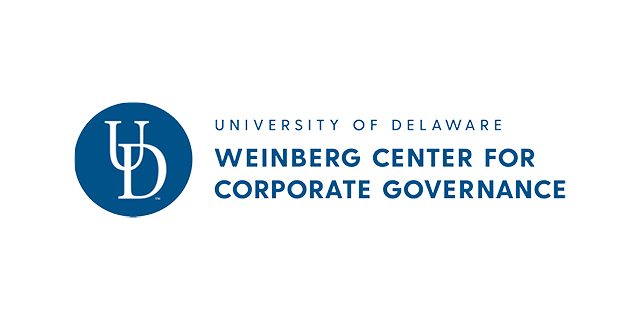Making Board Refreshment a Reality
March 09, 2023 | Article
Calls for younger, more diverse corporate board members with newer skills and perspectives run into a boardroom reality: tenure is long, there is limited turnover, and both boards and management understandably value continuity. How can boards actually use tools like retirement, term limits, overboarding policies, and evaluation to prod refreshment in their boardrooms?
To get complimentary access to this publication click "Read more" to sign in or create an account.












